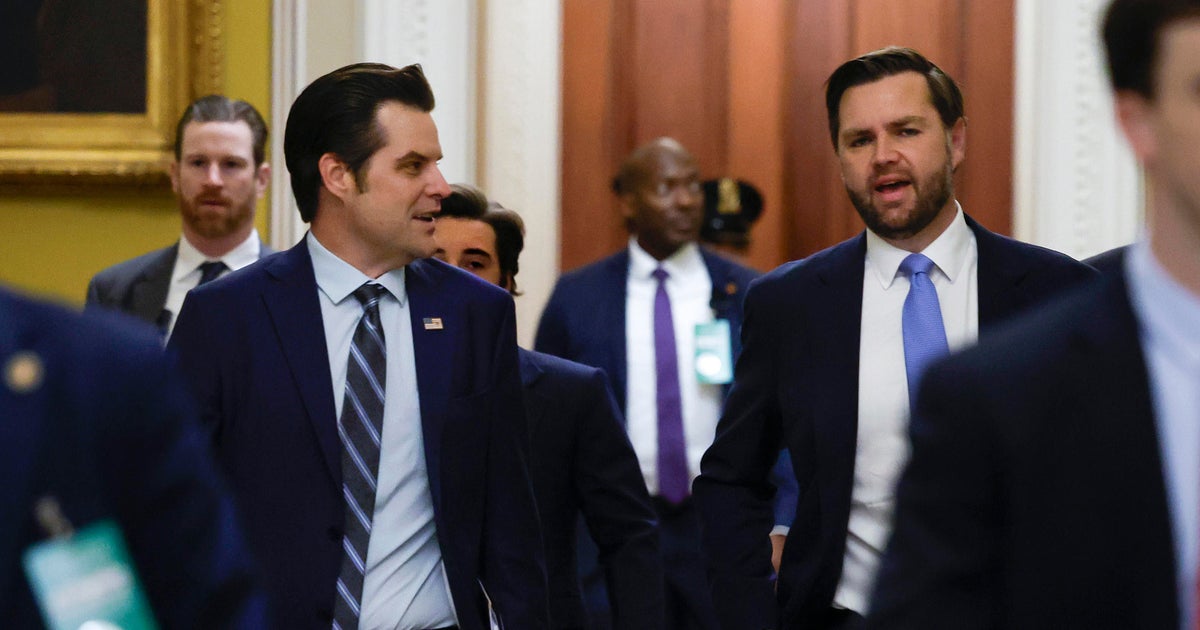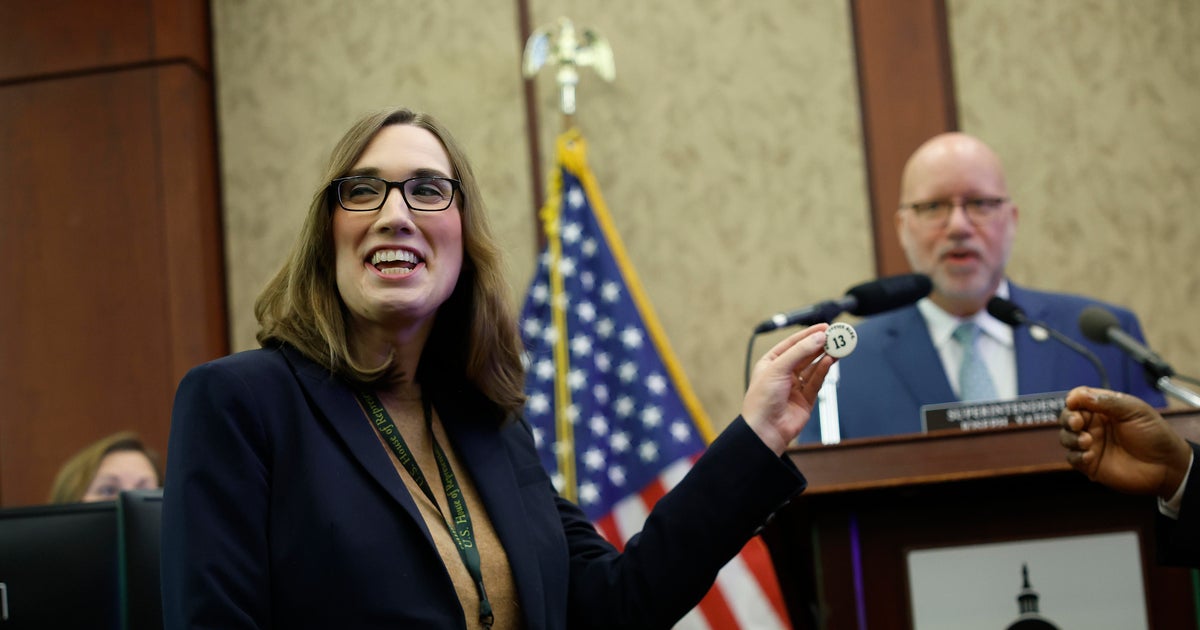Republican Party begins to prepare for contested convention
The Republican National Committee has started preparing for a contested national convention, which would follow the primary season if no Republican presidential candidate wins enough delegates to secure the nomination.
RNC Chairman Reince Priebus told CBS News in an interview that he doubts that the nomination will be in question by July. "It's going to be highly, highly unlikely that we would go to a contested or an open convention in Cleveland in July," Priebus said.
Still, several GOP leaders at the party's winter meeting in South Carolina told The Associated Press on Wednesday that preliminary planning is nonetheless actively underway, just in case there is an open convention.
They described the early work instead as a necessary contingency given the deeply divided Republican field. With less than three weeks to go before the Feb. 1 leadoff Iowa caucuses, there are still a dozen major Republican candidates in the race.
The RNC will hold a briefing outlining possible scenarios with party officials and the presidential campaigns on Thursday, said Steve Duprey, a Republican national committeeman from New Hampshire. Discussion is expected to focus on logistics related to planning for the July convention in Cleveland, a task traditionally controlled by the presumptive nominee.
- Ben Carson slams party over talk of contested convention
- Could Republicans face a brokered convention next July?
To win the nomination outright, a candidate would need to secure more than half of all available delegates in the state-by-state primary contests leading up to the convention.
Priebus said that magic number is 1,237 of the 2,472 delegates. "A plurality is not going to cut it," Priebus said. "You have to have a majority of the delegates."
Getting to a majority is the challenge, but Priebus argued that this is not as hard as it might sound.
Delegates are apportioned to candidates as they win primaries or caucuses. This year, he said, 55 percent of the nominating contests are proportional, and 45 percent are winner-take-all. Winner-take-all means what it sounds like -- that the top candidate in the contest wins all the delegates from that state.
Proportional allocation means that beyond a certain floor, candidates are apportioned delegates based on the proportion of the vote they won. So, if a candidate wins 40 percent of the vote, he or she gets 40 percent of the state's delegates.
Priebus said there's a misconception about the proportional contests, that "if you get 5 percent, and you get 2 percent, and this one gets 10 percent, that you're splitting the delegates." But that isn't what will happen.
"In most cases, you get nothing," he said. "While it's true that a majority of delegates are proportional, the majority of those delegates require a certain base level of support to get those delegates."
That base level, which varies by state, can be "10 or 15 or 20 [percent]." So even though there are a dozen candidates, realistically, probably only "if you're first, second or third" will candidates collect delegates. He's reasoning that the threshold should enable a candidate to amass the number of delegates necessary to secure the nomination.
The last time a Republican convention opened without such a clear nominee was 1976, when Gerald Ford led in delegates but lacked a majority coming into the convention. Ford was able to beat back a challenge from Ronald Reagan and eked out the nomination on the first vote.
The last time there was a truly brokered convention, at which delegates turned to someone who didn't run in the primaries, was in 1952. That year, Democrats drafted Adlai Stevenson, who won the party's nomination on the third ballot.
In the GOP field this year, Trump and Texas Sen. Ted Cruz have the edge in the most recent preference polls, much to the dismay of many party leaders who fear neither man is electable in a general election. The centrist wing of the party has yet to coalesce around an alternative to Trump or Cruz. Those fighting for that role include Florida Sen. Marco Rubio, New Jersey Gov. Chris Christie, former Florida Gov. Jeb Bush and Ohio Gov. John Kasich.
Convention spokesperson Kirsten Kukowski said it is the job of the convention committee to have contingency plans in place, "the same way we did over the last several conventions with hurricanes."
Despite the early nature of the work, some party officials said it was unwise. They fear it could embolden conservatives already angry with the Republican establishment.
"Let's get through Iowa, let's get through New Hampshire. Let's give somebody a chance to win this thing before we try to figure out whether we're going to have a contested convention or not," said Republican National Committeeman Henry Barbour of Mississippi.




